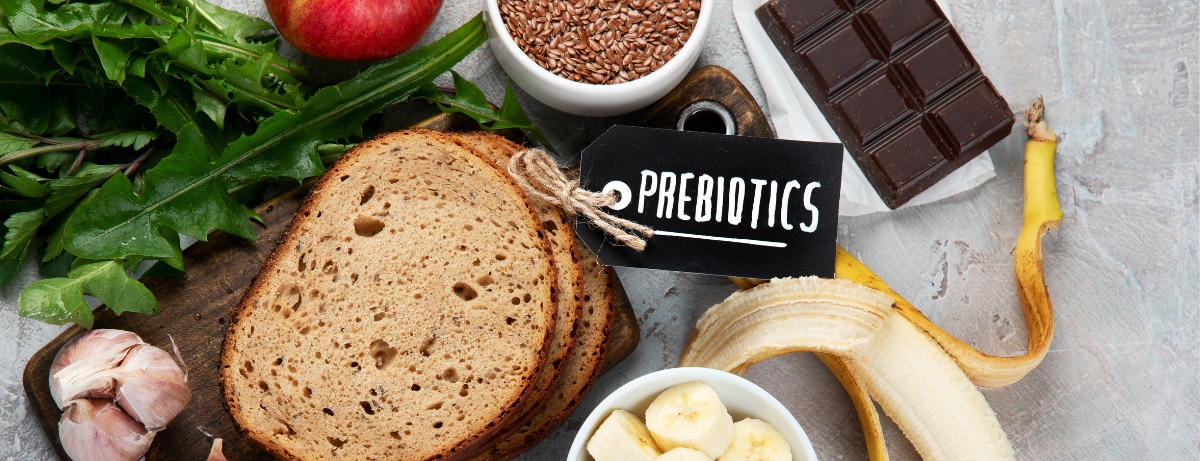15% off €35 or 20% off €45
Do probiotics help relieve IBS symptoms?

Summary
1What is IBS?
IBS is common, with around 5-10% of the population diagnosed. The condition affects your digestive system and presents as a collection of symptoms.
2How can probiotics help IBS?
The gut contains trillions of bacteria. This diverse genome from the collection of microbes forms your gut microbiome...
3How can I get good bacteria?
Probiotics are live bacteria and yeasts that can, if consumed in adequate amounts, confer a health benefit to the individual through their gut...
For some people, IBS symptoms cause daily frustration. Could probiotics help?
Irritable bowel syndrome (IBS) is a common long-term condition affecting the digestive system. There's no known cure. But through careful diet and lifestyle choices, it’s often possible to control IBS symptoms.
One way to do this is to try adding probiotics to your diet. Some research suggests an increase in healthy bacteria may help to reduce stomach bloating, cramping and stool frequency, for those with a diagnosis of IBS.1
In this article, we discuss specifically how friendly bacteria (or probiotics) may help rebalance your gut flora. But first, let’s talk briefly about IBS, and in particular its effect on gut health
What is IBS?
How do I know if I have IBS?
- stomach pain
- bloating
- diarrhoea
- constipation

Types of IBS
- IBS-C – Constipation dominant
- IBS-D – Diarrhoea dominant
- IBS-M – Mixed bowel habits (constipation and diarrhoea)3
How can probiotics help IBS?
How can I get good bacteria?
Foods containing friendly bacteria in food
Probiotic supplements
Here are 3 things to look out for:
- What bacteria does the product contain? Two commonly studied friendly bacteria strains that may help with the reduction of IBS symptoms are Lactobacillus and Bifidobacterium so look out for these in your probiotics
- Will the bacteria reach your gut? To get to the large intestine, a probiotic must survive the acidic environment of the stomach. Buying from a reputable source is strongly advised7
- Third-Party Testing - Opting for a probiotic that has undergone third-party testing by an independent lab can help ensure accuracy and quality.8
Summary: Do probiotics help IBS symptoms?
- https://www.ncbi.nlm.nih.gov/pmc/articles/PMC4356930/
- https://gut.bmj.com/content/70/7/1214
- https://www.ncbi.nlm.nih.gov/books/NBK507857/
- https://www.ncbi.nlm.nih.gov/pmc/articles/PMC6579922/
- https://www.nhs.uk/conditions/probiotics/
- https://badgut.org/information-centre/a-z-digestive-topics/probiotics-for-irritable-bowel-syndrome/
- https://www.bbcgoodfood.com/howto/guide/what-are-probiotics-and-what-do-they-do
- https://www.ncbi.nlm.nih.gov/pmc/articles/PMC6499161/
- https://www.bda.uk.com/resource/probiotics.html




